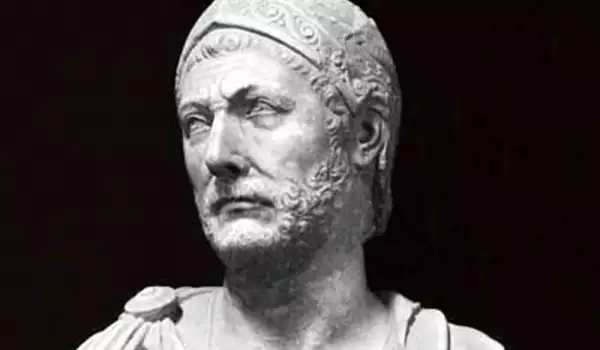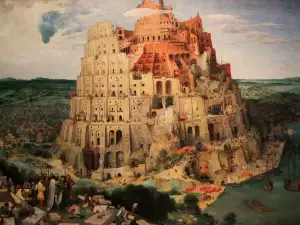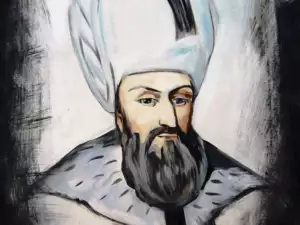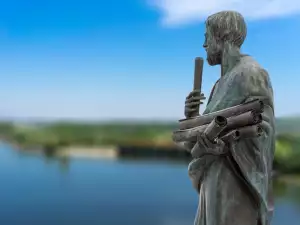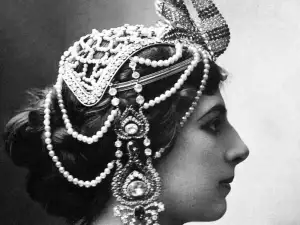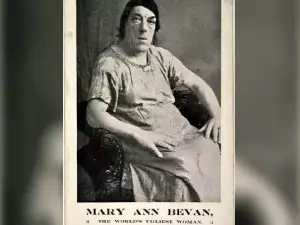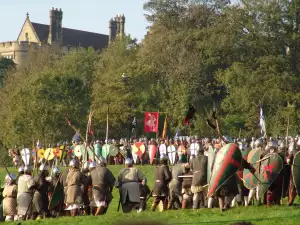Hannibal Barca is one of the greatest generals in ancient times. He was born in 247 BC. He was a Carthaginian military leader and statesman known for his fight against the rise of Rome in the Second Punic War (218-201 BC)
Son of the Carthaginian commander Hamilcar Barca, Hannibal was raised in a spirit of hatred for Rome from an early age. His whole life is spent fighting for the destruction of the empire.
A few years after his father's death, in 221 BC, Hannibal was chosen as the leader of the soldiers in Iberia. After subduing a number of tribes, he captured the city of Saguntus, an ally of ancient Rome. This act of his provokes the outbreak of the Second Punic War.
In 218 BC Hannibal marched from New Carthage through the Pyrenees, southern Gaul and the Alps in Italy. The main purpose of the grueling trek through the snow-covered Alps with men and animals was to surprise Rome in the back and to fight the war on foreign soil. Three years of defeats for the Romans followed - in the battles of Trebia, Lake Trasimene, Cana, etc.
Hannibal succeeded in raising the Gallic tribes of the Po valley, as well as a large part of the allies in southern Italy, to revolt against the empire. Even the Greek city-state of Syracuse and the Macedonian king Philip V sided with him. With this tactical superiority, Rome refused a decisive battle against the Carthaginian general.
The Empire retaliates with supremacy in terms of people and resources. The Romans decided to take away Hannibal's allies one by one. In 2011 BC Hr. His main Italian ally, the city of Capua in Campania, was conquered. Two years later, Tarent was captured. From Iberia and Sicily all the Carthaginian troops were banished. After the defeat at the Battle of Metaurus, Hannibal found himself forced to retreat with his troops to the southwesternmost tip of the Apennine Peninsula.
In 203 BC Hannibal returned to North Africa (present-day Tunisia) to defend Carthage against the Roman invasion, but failed. Carthage is forced to conclude a peace, by which it recognizes its territorial losses in Iberia, renounces its navy and independence in foreign policy, and undertakes to pay a large contribution.
Hannibal remains in Carthage. He rose to the top and was elected Sufet (a title roughly equivalent to the Roman consul of the time). He is responsible for a number of tax and administrative reforms.
In 195 BC is forced to flee. Political opponents call on Rome against him. He found refuge with King Antiochus III in the Seleucid state in the eastern part of the Mediterranean. He helps in the king's war against the Romans, but here too his luck betrays him. After the defeat, he was forced to go into hiding again - first in Crete, later in Armenia, and finally took refuge in Bithynia. When he found out that the king of Bithynia was ready to hand him over to Rome, he killed himself with poison. So in 183 BC. in the ancient port of Lybisa died the great Carthaginian general Hannibal and one of the most brilliant strategists in history.
Despite his ridiculous death, Hannibal remains in history as a great organizer, strategist and virtuoso of the bloody art of war, who perfectly knows what the rules of war are.
